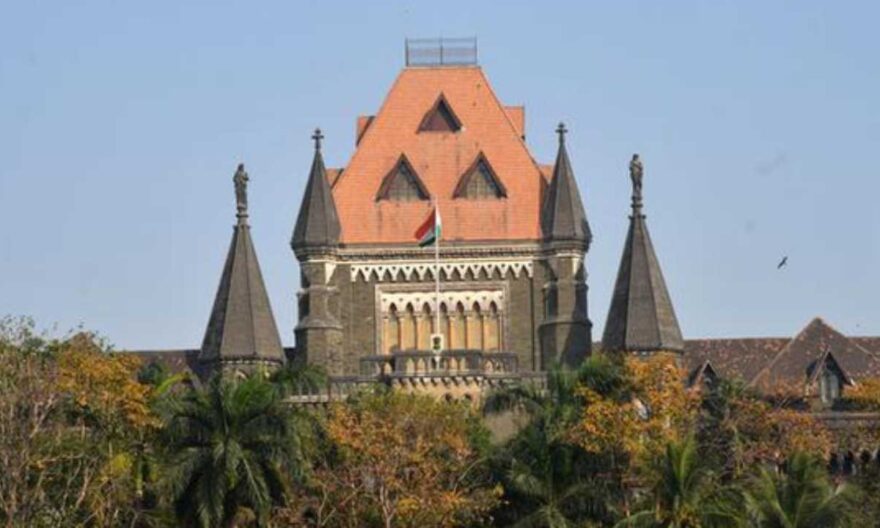
The Bombay High Court recently emphasized that if a rule or law has unconstitutional consequences, it cannot endure regardless of the well-intentioned motive behind its implementation.
A bench of Justice GS Patel and Justice Neela Gokhale made this remarked during the hearing of pleas filed by the Editors Guild of India, the Association of Indian Magazines, and the New Broadcast and Digital Association. These organizations challenged the revised Rule 3(1)(b)(v) and Rule 3(i)(II)(A), (C) of the Information Technology (Intermediary Guidelines and Digital Media Ethics Code) Amendment Rules, 2023.
The amendments to the IT Rules, particularly those relating to Rule 3, authorize the Central government to establish a Fact Checking Unit (FCU) with the authority to identify and label online news it deems false or fake concerning government activities.
The Court observed that the government introduced FCUs due to the power and reach of the internet. The judges highlighted the government’s reliance on the internet for its operations and acknowledged the limitations it brings. They likened the situation to the fear of the unknown and emphasized the need to determine the legitimacy of FCUs.
Senior Advocate Navroz Seervai, representing stand-up comic Kunal Kamra, questioned whether the government had so little faith in its citizens that it assumed a parental or nanny-like role.
The Bench responded by stating that even if the motives are commendable, if the effect is unconstitutional, the rule must be discarded.
Furthermore, the Court raised concerns about the implications for online platforms hosting critical comments during the campaign trail for the 2024 elections. They questioned whether these platforms would lose their safe harbor protection if the government’s fact-checking unit flags content as false and the hosting site refuses to remove it.
The Bench also questioned the need for the amendment when the government-run Press Information Bureau (PIB) already existed. They sought clarification on why the PIB’s existing structure was considered inadequate and why an amendment was necessary.
Seervai argued that the amendment aimed to control what social media platforms cover and suggested that intermediaries were not concerned about the content they hosted. He emphasized that intermediaries, being vulnerable targets, would comply with the directions to avoid losing safe harbor protection.
The Ministry of Electronics and Information Technology (MeitY) justified the amendment in an affidavit, stating that false and misleading information could undermine electoral democracy and erode citizens’ trust in democratic institutions. The ministry clarified that the FCU’s identification of false and misleading information under the amended IT Rules would not automatically lead to the removal of such content.
The bench will continue to hear the case on July 7, 2023.




